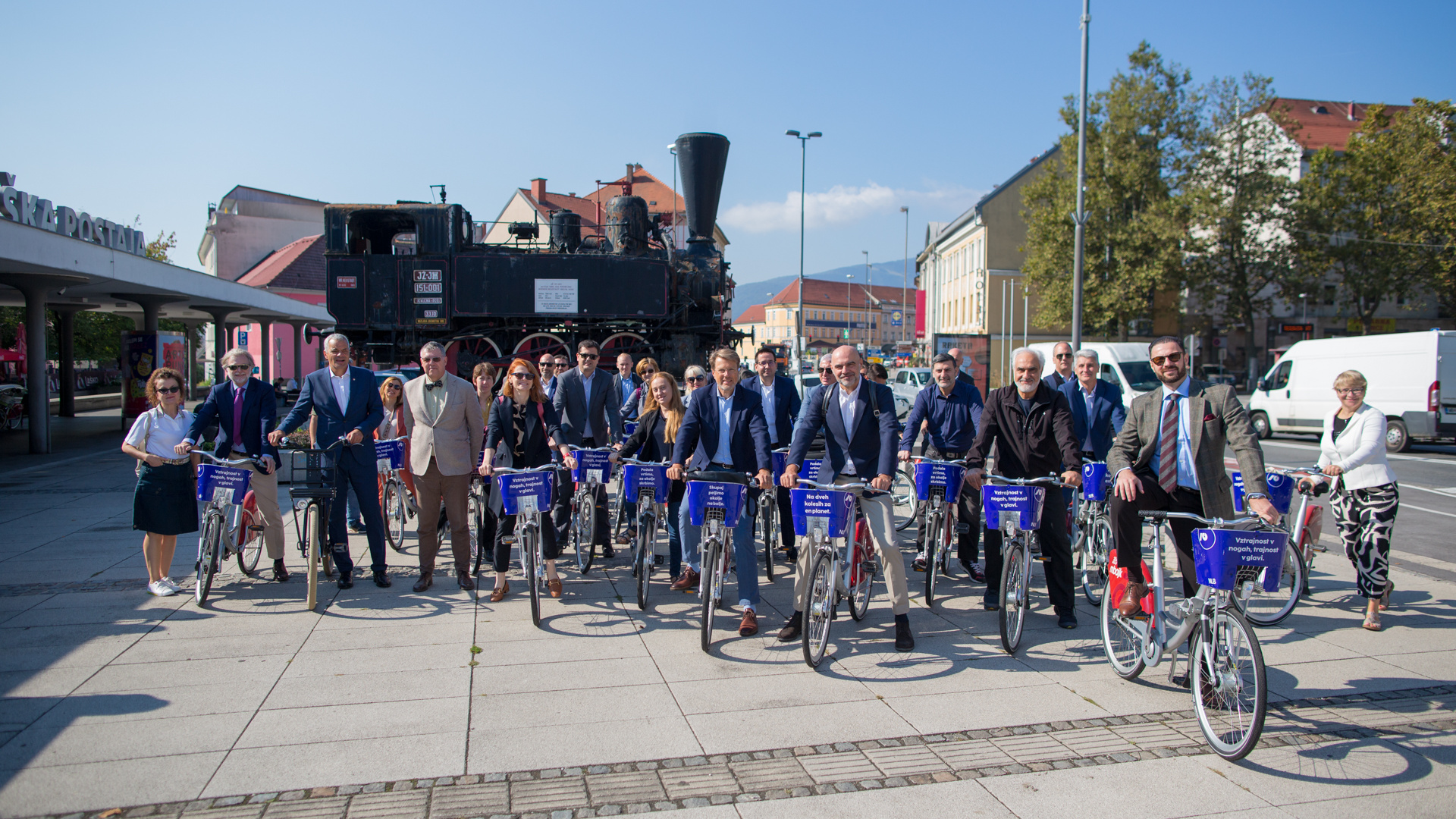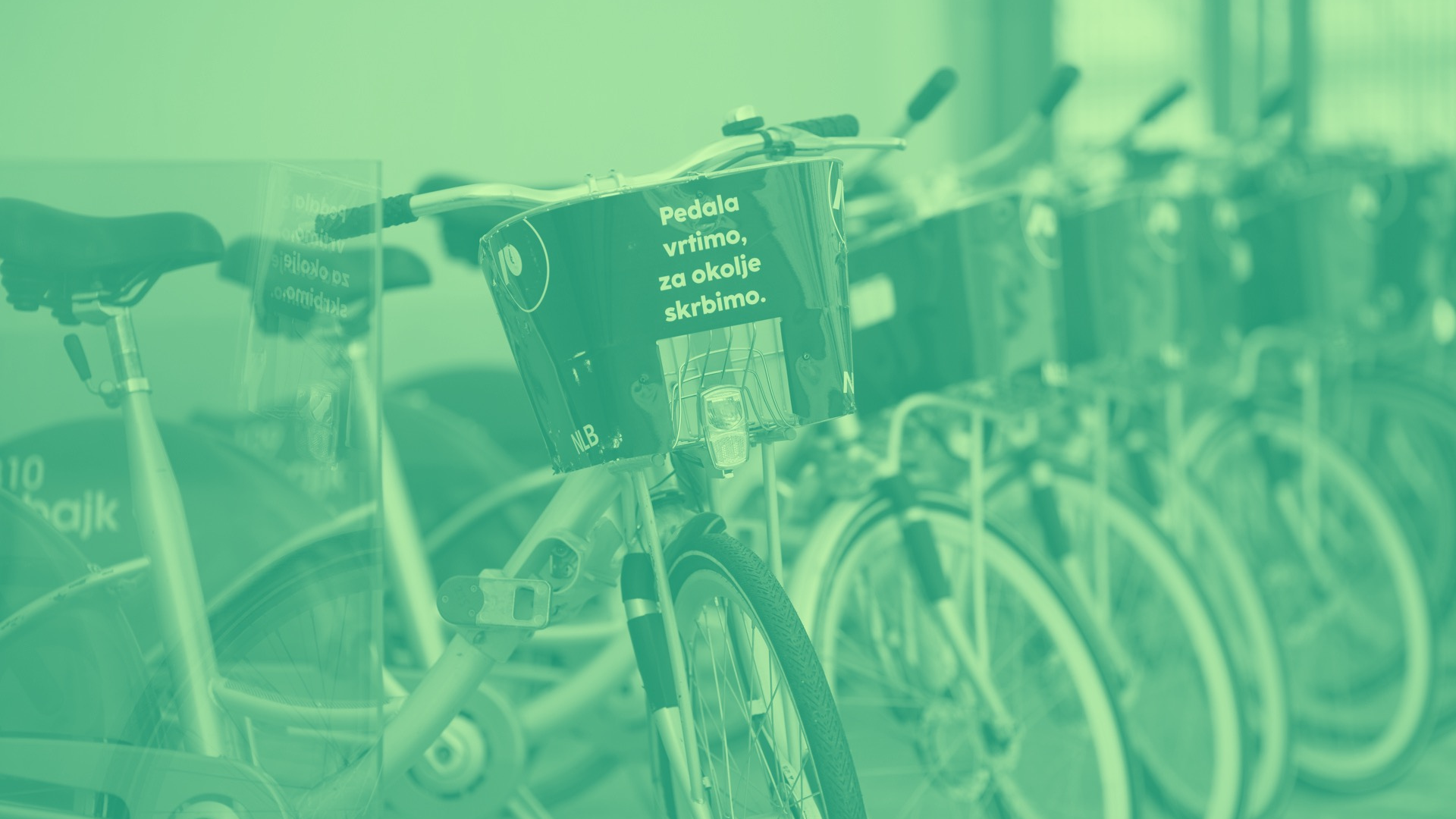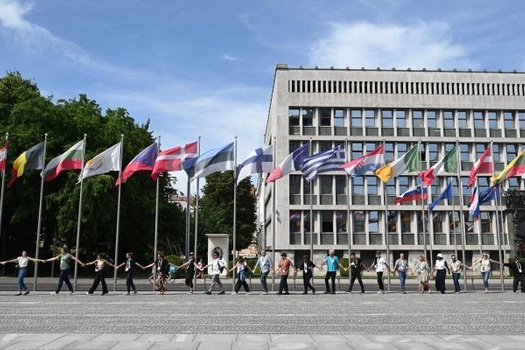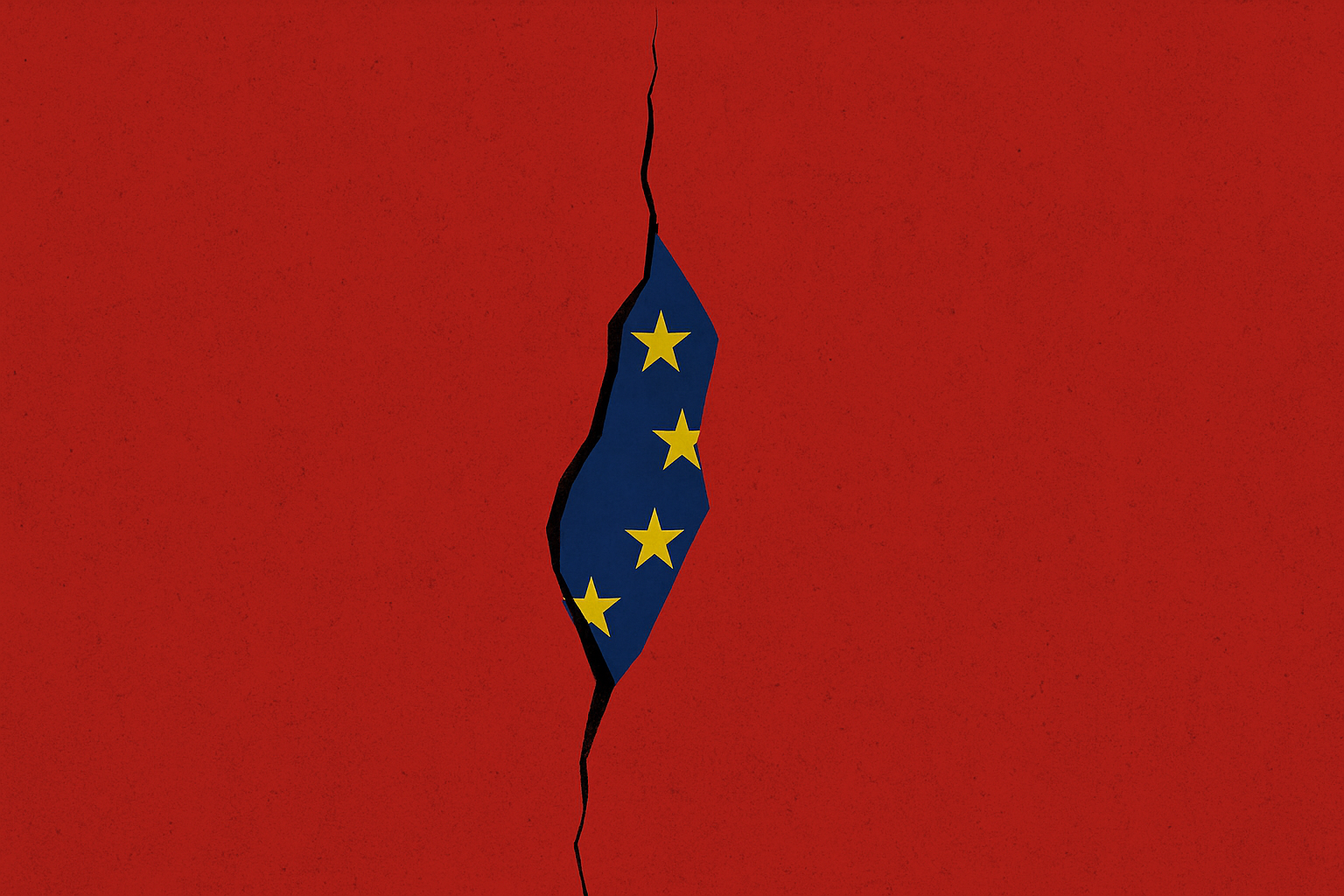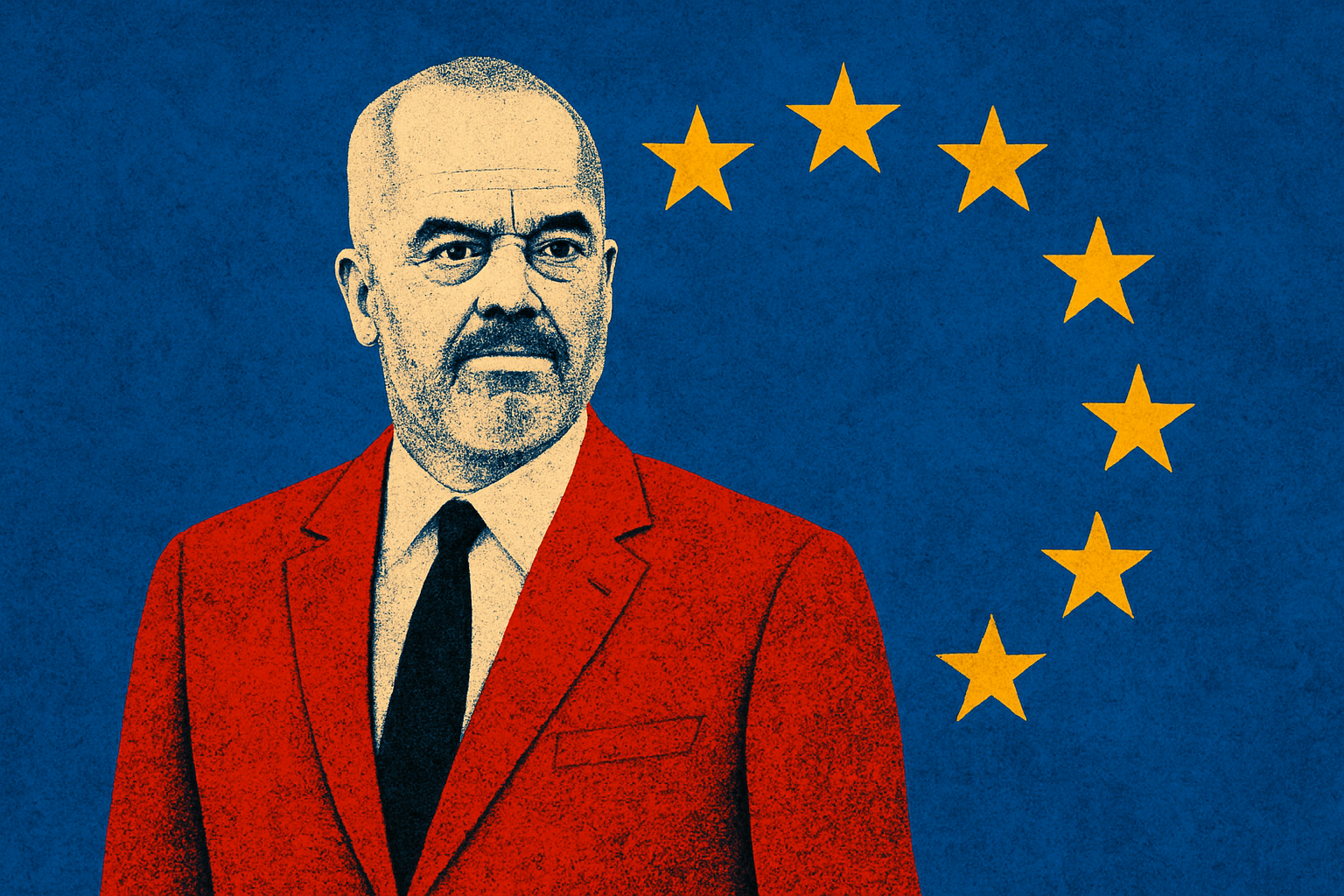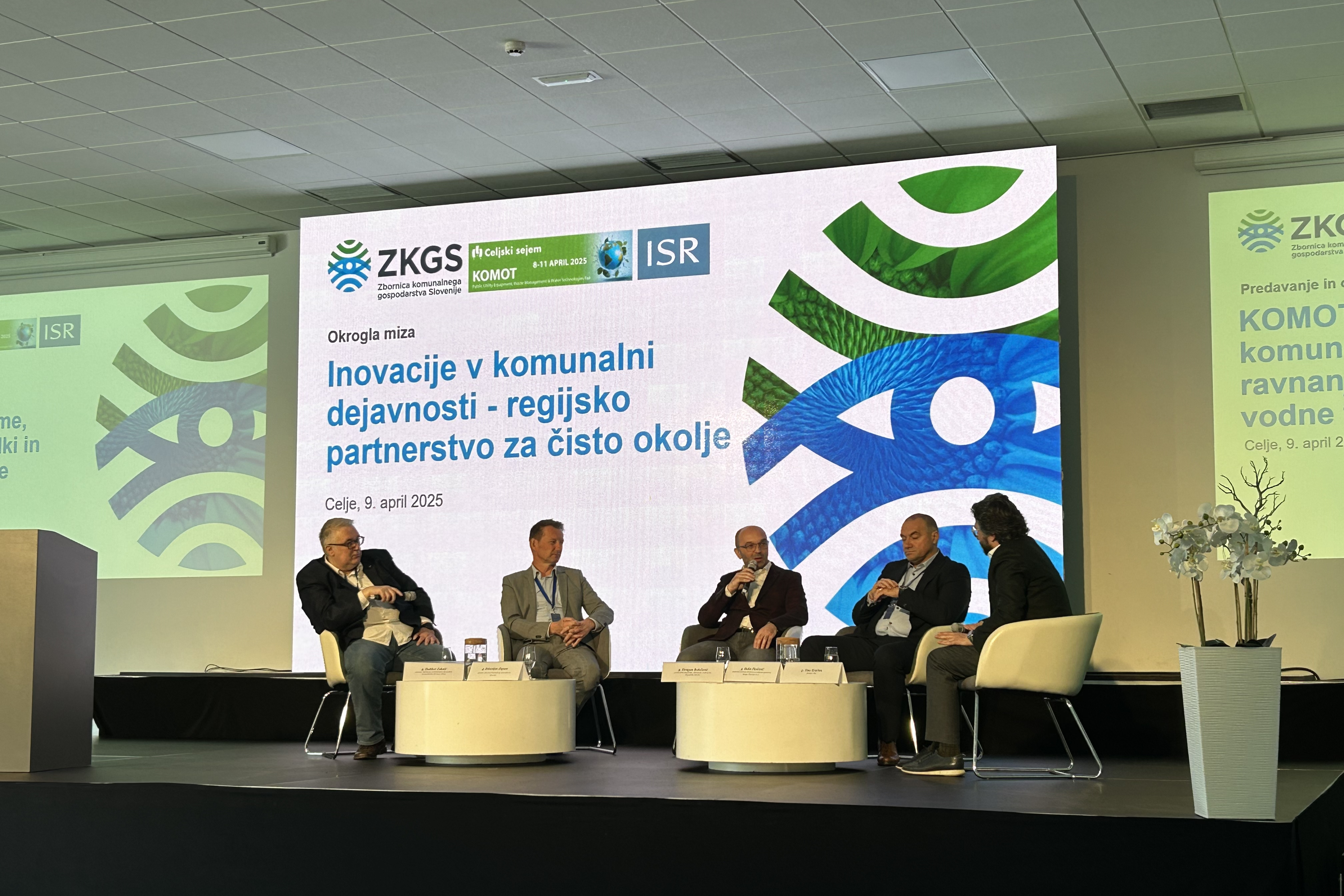Sustainability
Until we change our habits, we cannot talk about change
Team Adriatic
September 6, 2022 – The Institute for Strategic Solutions (ISR) held the first regional Net-0 event From Words to Actions. The main theme of the event was a discussion on how to implement substantive activities and business processes into companies and organizations that will benefit the environment, and won’t contribute to the carbon footprint. In attendance were the ISR, and representatives from the event's co-organisers, as well as the companies - Petrol, Resalta, Elektro Maribor and NLB. Together they discussed which strategies and actions would be most effective in the implementation and drive towards green transition.
“The trend towards green transition has been around for some time now, however, the geopolitical situation we are currently facing is new. I believe that the common denominator of all the issues raised and the future itself is technology. We have a lot of technology available today to help accelerate decarbonization. However, I am convinced that the main driving force for the future of humanity and real changes in collective integrity will be based on individuals changing their lifestyles,” said Jože Bajuk, a member of Petrol Group’s management board. Blaž Brodnjak, Chairman of the board of NLB, is also convinced that responsibility does not start with companies, but with each individual. “Until we change our habits, we cannot talk about change . We need a focus, a clear vision and clearly defined priorities. But everyone has to start with themselves, in their everyday life”. Brodnjak added.
The unique feature of the Net-0 event was in its execution, as all activities were environmentally friendly and operated with the lowest possible carbon emissions. The co-organizers of the event were the Ministry of Foreign Affairs of the Republic of Slovenia and the public agency, Spirit. The Municipality of Maribor hosted the event. Maribor has been a leading example of how a local municipality shows positive action and direction on the road towards good environmental initiatives.
“We can all physically feel the effects of climate change on our skin, and I hope that this awareness will cause a positive shift to a green transition at all levels – that is, at the global, regional, state and local levels of organizational and business activities and processes,” said State Secretary Samuel Žbogar at the start of the event.
“A carbon-free future may have seemed like a distant dream years ago, but today it is clear that we need to act as a society and that by taking decisive steps we can influence what kind of future we will shape for ourselves and our descendants. Today’s participants consisted of partners and companies that all understand the importance of green transition and actively strive for it. “This is proof that we are taking steps in the right direction,” said Tine Kračun, Director of the Institute for Strategic Solutions (ISR), in his address to the participants. “ISR, together with the co-organizers, the Ministry of Foreign Affairs and the public agency Spirit, have successfully launched the first Net-0 event in the region.’’
“When we talk about the green transition, it sometimes seems that we are behaving like an elephant in a china shop. Data shows that the topic of so-called greenwashing has exploded in recent years. Just talking about being carbon-free is not enough. For this event, we developed a methodology that complies with ISO standards and they have been implemented in various scenarios throughout the organization and execution of this conference. When documenting and talking about these activities, it is essential to adhere to the principle of transparent, consistent and accurate collation of information, in conjunction with transparent reporting.” Dr. Jure Stojan, Director of Research and Development at ISR, said in his speech.
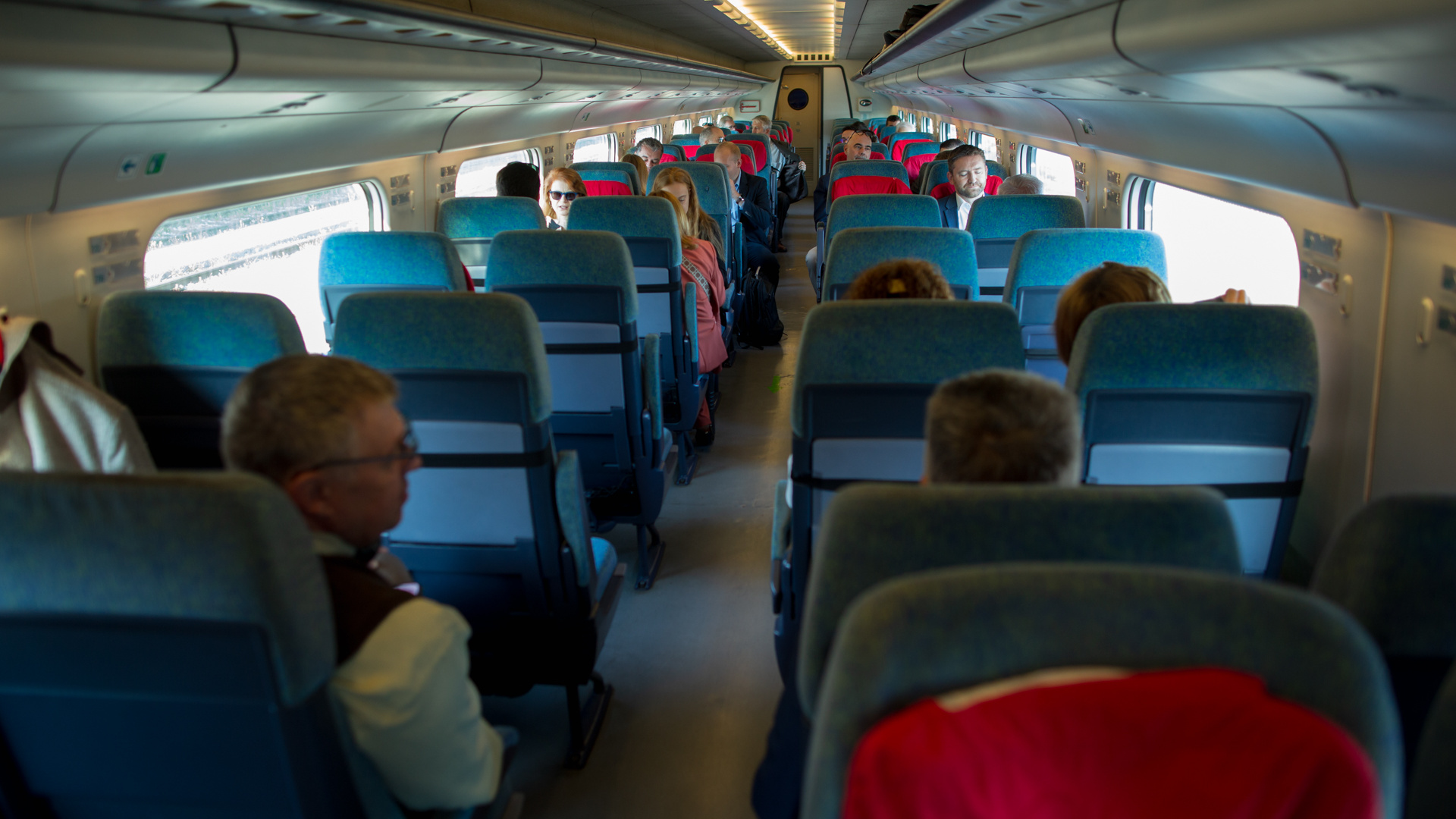
The Green Transition must be Coordinated with the Transformation of the Economy
Representatives from powerful and successful companies alongside regional players discussed how companies should approach the green transition and what steps they must take to achieve their goals. They presented solutions to the most common dilemmas and challenges they are currently facing. The discussion was also about the questions of who, what and how companies should deal with carbon neutrality and how to measure the effectiveness of steps taken to create a common living space that is significantly less harmful to the environment – and ourselves.
Given the current geopolitical situation and multi-level crisis created by the war in Ukraine and the related challenges in the field of energy supply and climate change on one hand, and our goals to save the environment on the other, one of the key questions is how will the economy adapt to these new conditions? And in addition – how long will adaptation to the constantly-changing conditions take? And to what extent is it even feasible?
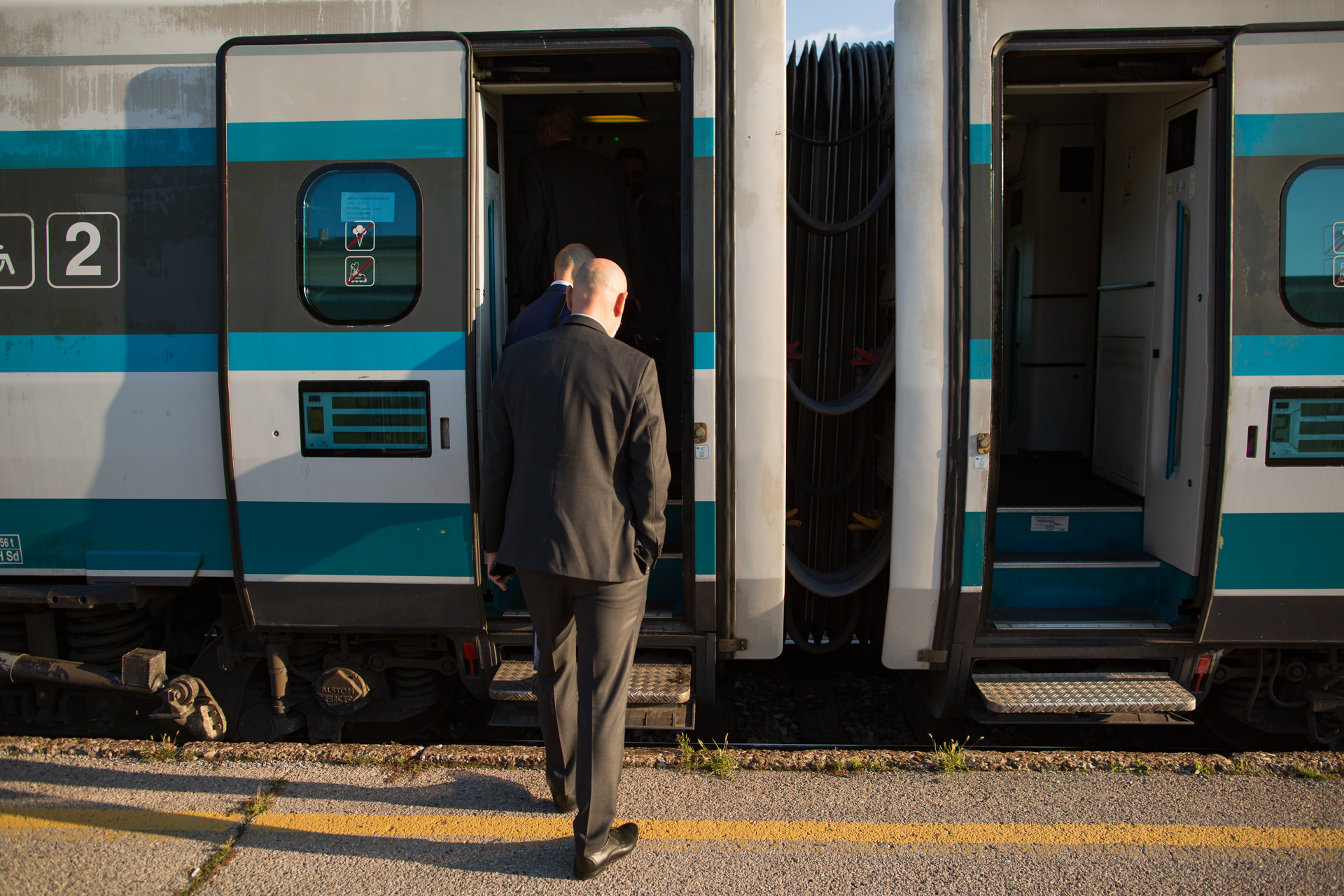
Quality of Life is the Guide, and Technology is the Tool
According to Jože Bajuk MA, a member of Petrol Group’s management board responsible for the Energy and Solutions development pillar, the situation related to the Russian invasion of Ukraine, has revealed a dependence on fossil fuels and that this is a very complex issue as it conflicts with the current concept of the green transition.
‘The geopolitical situation we are now facing, however, is new, and I believe that the common denominator of all the issues raised as well as the future lies in technology. We have a lot of technology available today to accelerate decarbonization. Nevertheless, I am convinced that the driving force for humanity and real changes in morality will be based on the integrity and lifestyle of each individual.”
Tomaž Orešič, the procurator of Resalta, who deals with energy solutions, added: “It is important to increase resistance to price fluctuations – Europe has decided to invest in renewable technologies and there is no other way forward. What can the industry do? First, it must reduce consumption wherever possible.”
How can Companies React and Adapt to the Changed Conditions?
In line with the goals of the Paris Agreement, EU member states have agreed to strive to make the EU the first climate-neutral economy and society by 2050 and the EU has committed to reducing emissions by at least 55% (compared to 1990) by 2030. So far, calculations show that we are still far from the set goals, which means that we will most likely not be able to stop global warming within the set time frames.
Blaž Brodnjak, Chairman of the Board of NLB, is convinced that responsibility does not start with companies, but with each individual. “Until we change our habits, we cannot talk about change.” Brodnjak added, “We need focus, a clear vision and clearly defined priorities. But everyone has to start with themselves, in their everyday life”.
Jože Hebar, director of Elektra Maribor, pointed out an example. “We are facing a large increase in demand and interest in electrical devices that customers want to place on their roofs. This is a clear sign that due to the vulnerability of electricity, we need to find new alternatives.”
“At NLB, we are committed to sustainability within the organization of the company and also in the performance of our own activities,” emphasizes Blaž Brodnjak. “For example, we support working from home, which is consistent with a smaller need for workspace, we support the United Nations principles for responsible banking and we have stopped supporting all companies whose businesses are tied to the consumption of coal.”
The conversation was moderated by Večer newspaper journalists Andreja Kutin and Mitja Sagaj.
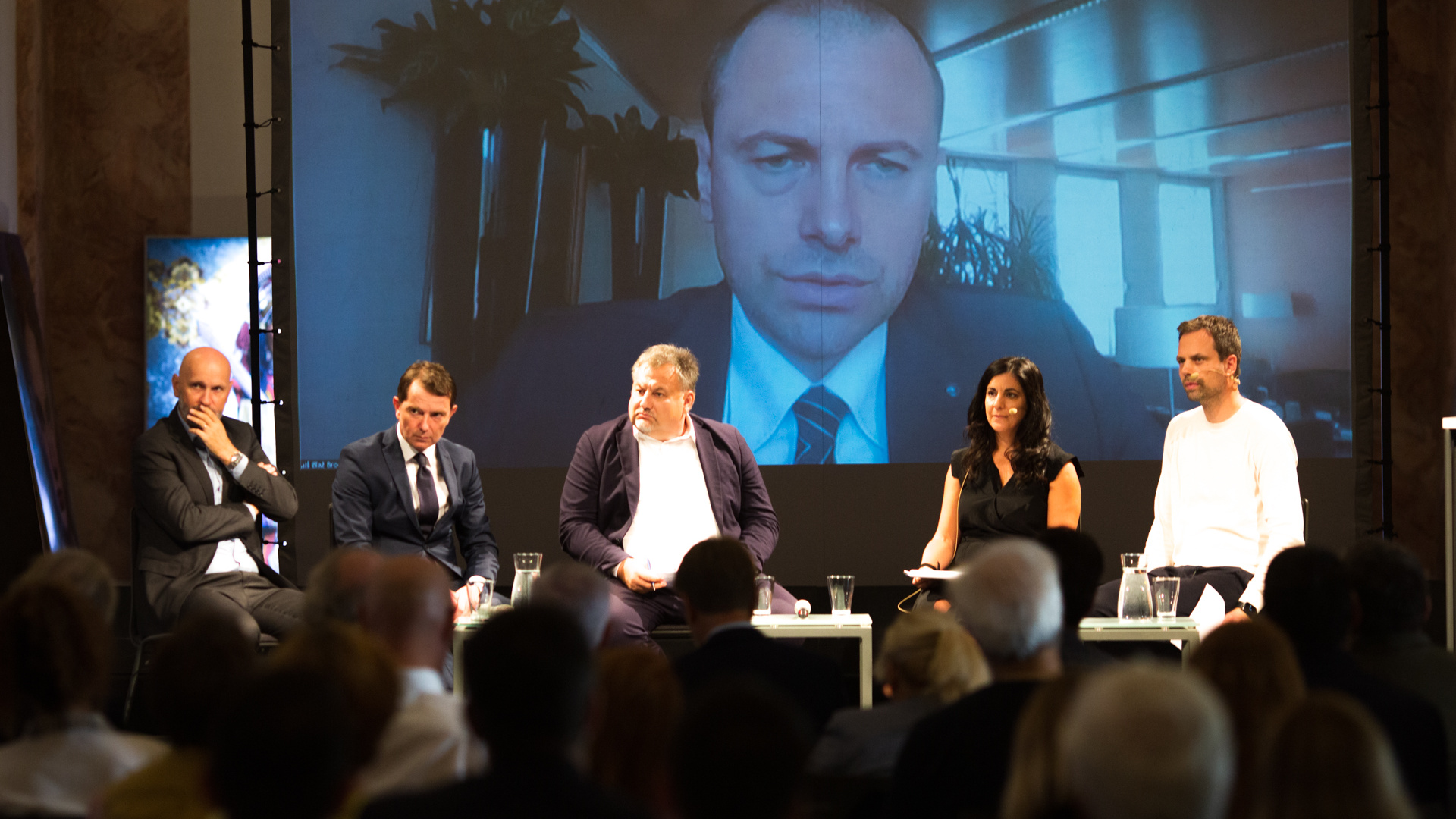
A Unique Event in the Region
In addition to the fascinating content, the most significant feature of the From Words to Actions Net-0 event was its design and implementation. ISR designed it in such a way that it followed the principles of locality, expedient logistics and low-carbon emissions, where they actively used digital tools and which did not cause a significant impact on the environment, as a result, the event placed less carbon burden on the environment.
Thanks to Slovenske Železnice, participants and guests arrived at the event by public transport – train. At the main train station in Ljubljana, they boarded the train to Maribor at 8 a.m. During the journey, they received digital links to interesting ad relevant content that they could read on their laptops, and at the event, food and drinks were served from local suppliers. At 10 a.m., Saša Arsenovič, the Mayor of the Maribor Municipality, welcomed the participants and guests at Maribor’s main railway station. Maribor has been a leading example of a local area with proactive and successful environmental practices. The participants and guests then rode their bikes towards the Minorite Church, where they attended the first regional Net-0 event.
The event was also attended by 23 diplomats and delegations from foreign embassies. The event was supported and co-organised by the Ministry of Foreign Affairs of the Republic of Slovenia and the public agency, Spirit.
Photos by courtesy of Matej Pušnik (ISR).
